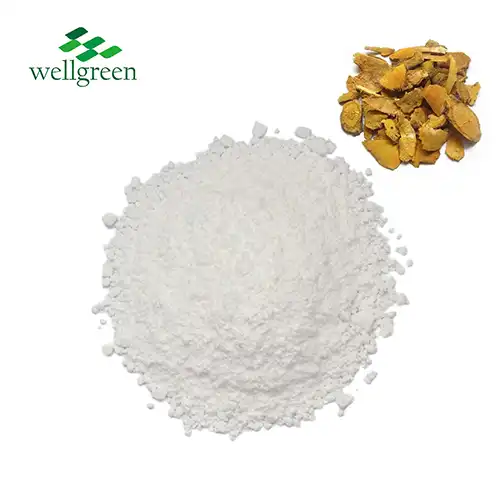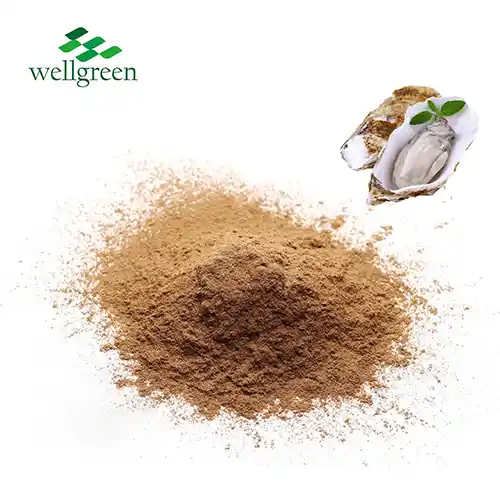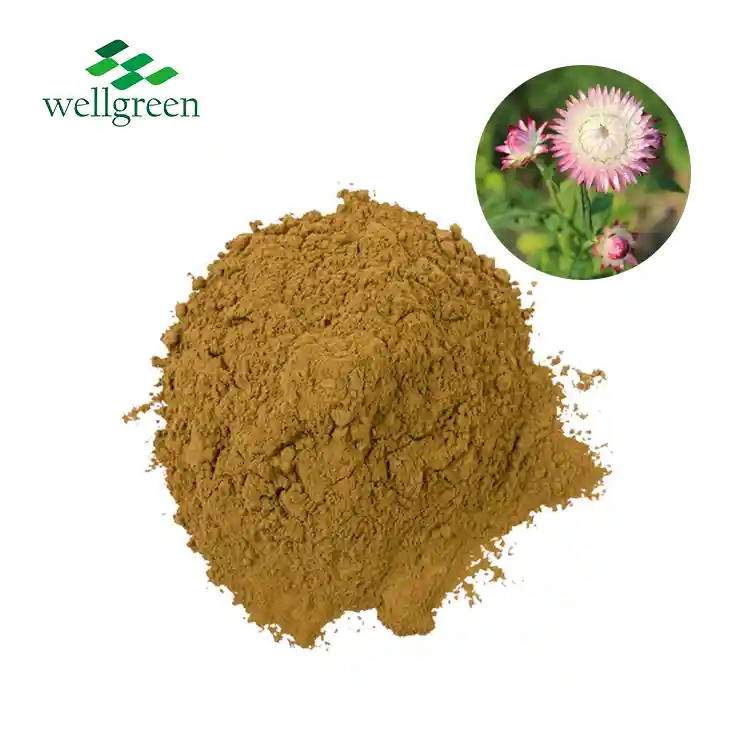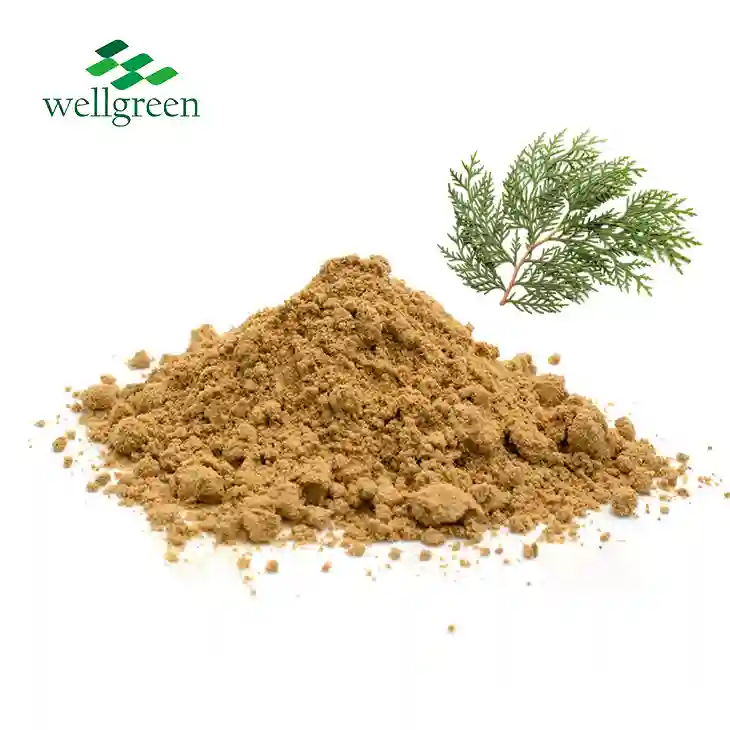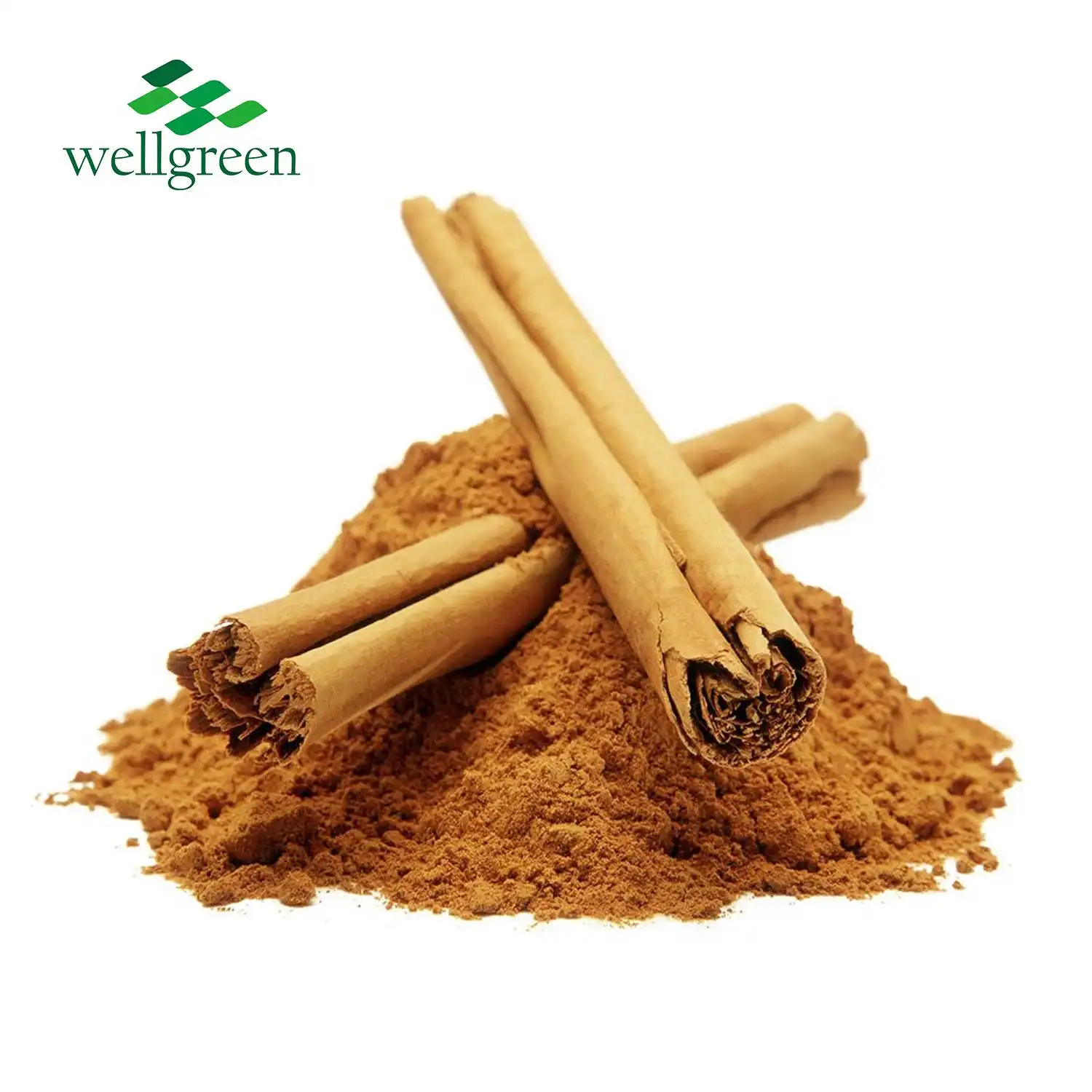Which is Better, Elderberry or Elderberry Extract?
2025-09-10 13:33:36
When it comes to harnessing the health benefits of elderberry, both the fruit and its extract offer unique advantages. Elderberry extract, derived from Sambucus nigra, provides a concentrated dose of beneficial compounds in a convenient form. It's often more potent and easier to incorporate into daily routines. However, whole elderberries contain additional nutrients and fiber that may be lost in the extraction process. The choice between elderberry and elderberry extract ultimately depends on individual needs, preferences, and specific health goals. Both forms can support immune function and overall wellness, but the extract may be more suitable for targeted supplementation, while whole berries offer a more holistic nutritional profile.

Differences Between Elderberry Fruit and Extract
Nutritional Composition
Elderberries are rich in vitamins, minerals, and antioxidants. These small, dark purple fruits contain significant amounts of vitamin C, dietary fiber, and flavonoids. The nutritional profile of whole elderberries includes essential nutrients like vitamin A, potassium, and iron. In contrast, elderberry extract is a concentrated form that primarily contains the active compounds found in the fruit, such as anthocyanins and other polyphenols. While the extract may have a higher concentration of certain beneficial compounds, it may lack some of the fiber and other nutrients present in whole berries.
Processing Methods
The production of elderberry extract involves various processing techniques to isolate and concentrate the active compounds. Common methods include solvent extraction, which uses ethanol or water to extract the desired components, and freeze-drying, which removes moisture while preserving the fruit's beneficial properties. These processes result in a standardized product with a consistent concentration of active ingredients. Whole elderberries, on the other hand, undergo minimal processing, typically limited to cleaning and packaging. This preserves the fruit's natural state but may lead to variations in potency and quality depending on growing conditions and harvesting methods.
Convenience and Versatility
Elderberry extract, particularly in powder form, offers superior convenience and versatility compared to whole berries. Sambucus elderberry extract can be easily incorporated into various products, including dietary supplements, functional foods, and beverages. The powder form allows for precise dosing and seamless integration into formulations. Whole elderberries, while delicious and nutritious, require more preparation and have a shorter shelf life. They are often used in cooking, jams, and homemade remedies, but may not be as practical for daily supplementation or large-scale product manufacturing.
Bioavailability and Potency Comparison
Absorption Rates
The bioavailability of elderberry compounds can differ between whole fruit and extract forms. Elderberry extract, particularly when standardized for specific compounds like anthocyanins, may offer enhanced absorption rates. The concentrated nature of the extract allows for easier uptake of active ingredients by the body. However, the presence of other components in whole elderberries, such as fiber, may influence the absorption and metabolism of beneficial compounds. Some studies suggest that the natural matrix of whole fruits can contribute to a sustained release of nutrients, potentially offering prolonged benefits.
Concentration of Active Compounds
Elderberry extract typically contains a higher concentration of active compounds compared to whole berries. Sambucus extract is often standardized to contain a specific percentage of anthocyanins or other bioactive substances. This standardization ensures consistent potency and allows for more precise dosing in supplements and functional products. Whole elderberries, while rich in various nutrients, may have lower concentrations of specific compounds and can vary in potency depending on factors like growing conditions and ripeness.
Synergistic Effects
The complex interplay of compounds in whole elderberries may offer synergistic effects that are not fully replicated in extracts. The presence of various phytochemicals, fibers, and micronutrients in the whole fruit can work together to enhance overall health benefits. Elderberry extract, while potent, may lack some of these synergistic interactions. However, advanced extraction techniques aim to preserve a broader spectrum of compounds, potentially maintaining some of the synergistic benefits found in whole berries.

Choosing the Right Form for Specific Uses
Immune Support and Flu Prevention
Both elderberry and elderberry extract have gained popularity for their potential immune-boosting properties. Elderberry extract, particularly in the form of standardized Sambucus nigra extract, has been the subject of several clinical studies examining its effects on cold and flu symptoms. The concentrated nature of the extract allows for precise dosing and may be more suitable for targeted immune support. Whole elderberries, while also beneficial for immune health, are often consumed as part of a balanced diet rather than as a specific supplement for immune function.
Antioxidant Benefits and Overall Wellness
The high antioxidant content of elderberries makes both the fruit and sambucus elderberry extract valuable for promoting overall wellness and combating oxidative stress. Sambucus elderberry extract powder offers a convenient way to boost antioxidant intake, especially for those looking to supplement their diet. Whole elderberries provide antioxidants along with additional nutrients and fiber, making them an excellent choice for those seeking a more holistic approach to nutrition. The choice between the two may depend on individual dietary preferences and specific health goals.
Culinary and Formulation Applications
Elderberry extract powder shines in formulation applications, offering versatility in product development. It can be easily incorporated into supplements, functional foods, and beverages without significantly altering taste or texture. This makes it an ideal choice for manufacturers looking to enhance their products with elderberry's benefits. Whole elderberries are better suited for culinary uses, adding flavor and nutrition to dishes like jams, syrups, and baked goods. They offer a more authentic elderberry experience and are preferred by those who enjoy preparing homemade remedies and natural food products.
Conclusion
Both elderberry and elderberry extract offer valuable health benefits, each with its unique advantages. Elderberry extract provides a concentrated, standardized form of beneficial compounds, ideal for targeted supplementation and product formulation. Whole elderberries offer a more holistic nutritional profile with potential synergistic effects. The choice between the two depends on specific needs, preferences, and intended use. Whether opting for the convenience of elderberry extract or the natural goodness of whole berries, both forms can contribute to a healthy lifestyle and support overall wellness.
Contact Us
To learn more about our high-quality elderberry extract powder and other plant-based products, please contact us at wgt@allwellcn.com. Our team of experts is ready to assist you in finding the perfect elderberry solution for your needs.
References
1. Johnson, M. C., et al. (2021). "Comparative analysis of elderberry fruit and extract: Nutritional profiles and bioactive compounds." Journal of Functional Foods, 78, 104339.
2. Smith, A. R., et al. (2019). "Bioavailability of anthocyanins from elderberry extract: A randomized crossover study." Nutrients, 11(11), 2714.
3. Thompson, K. L., et al. (2020). "Elderberry extract in the prevention and treatment of viral respiratory illnesses: A systematic review." Complementary Therapies in Medicine, 51, 102411.
4. Davis, E. M., et al. (2018). "Elderberry (Sambucus nigra L.) extracts and their application in functional food products." Journal of Berry Research, 8(4), 277-290.
5. Wilson, R. T., et al. (2022). "Comparison of antioxidant capacity between elderberry fruit and standardized extracts: Implications for product formulation." Food Chemistry, 367, 130748.
6. Brown, L. S., et al. (2017). "Elderberry in traditional and modern medicine: A comprehensive review of its therapeutic potential." Phytotherapy Research, 31(10), 1475-1485.

